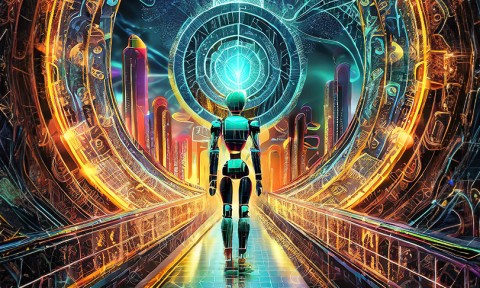
It’s tempting to think that the artificial intelligence revolution is coming — for good or ill — and that AI will soon be baked into every facet of our lives. With generative AI tools suddenly available to anyone and seemingly every company scrambling to leverage AI for their business, it can feel like the AI-dominated future is just over the horizon.
The truth is, that future is already here. Most of us just didn’t notice.
Every time you unlock your smartphone or computer with a face scan or fingerprint. Every time your car alerts you that you’re straying from your lane or automatically adjusts your cruise control speed. Every time you ask Siri for directions or Alexa to turn on some music. Every time you start typing in the Google search box and suggestions or the outright answer to your question appear. Every time Netflix recommends what you should watch next.
All driven by AI. And all a regular part of most people’s days.
But what is “artificial intelligence”? What about “machine learning” and “algorithms”? How are they different and how do they work?
We asked two of the many Georgia Tech engineers working in these areas to help us understand the basic concepts so we’re all better prepared for the AI future — er, present.
Read the full crash course on the College of Engineering website.
This story was featured in the spring 2024 issue of Helluva Engineer magazine, produced biannually by the College of Engineering.
Joshua Stewart
College of Engineering
